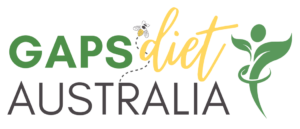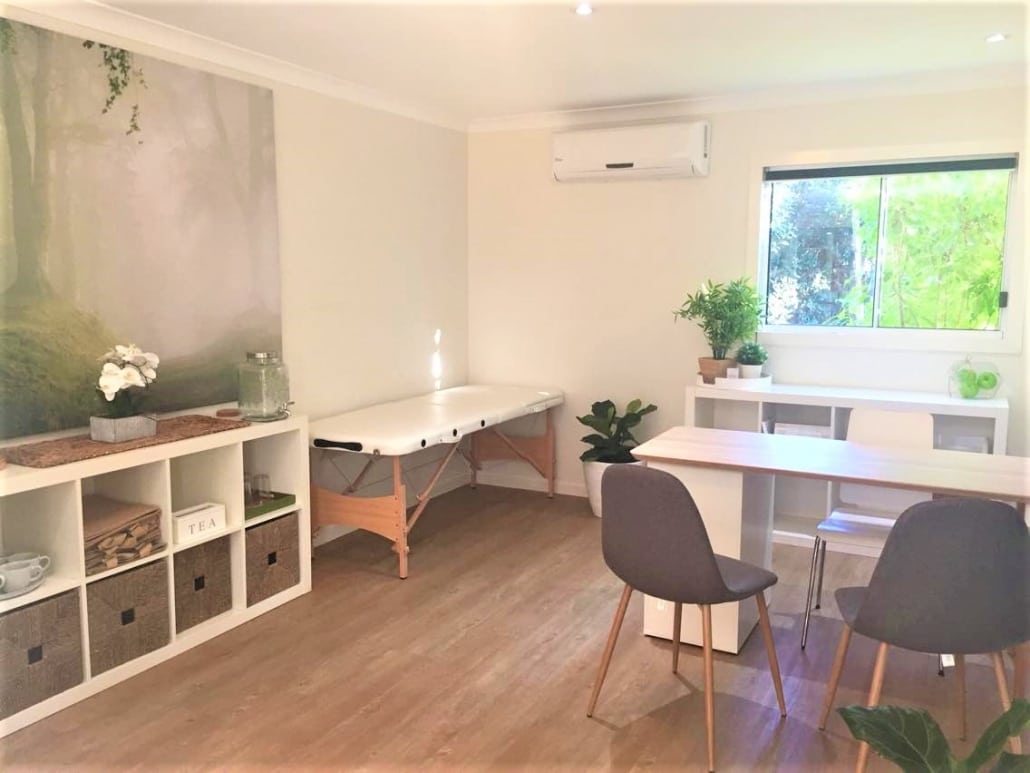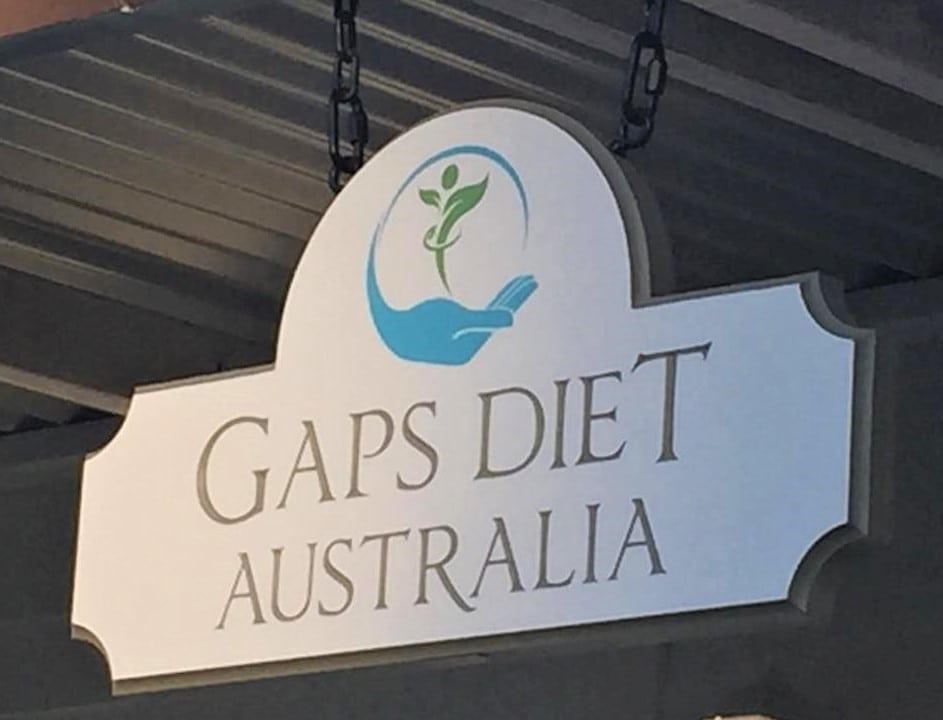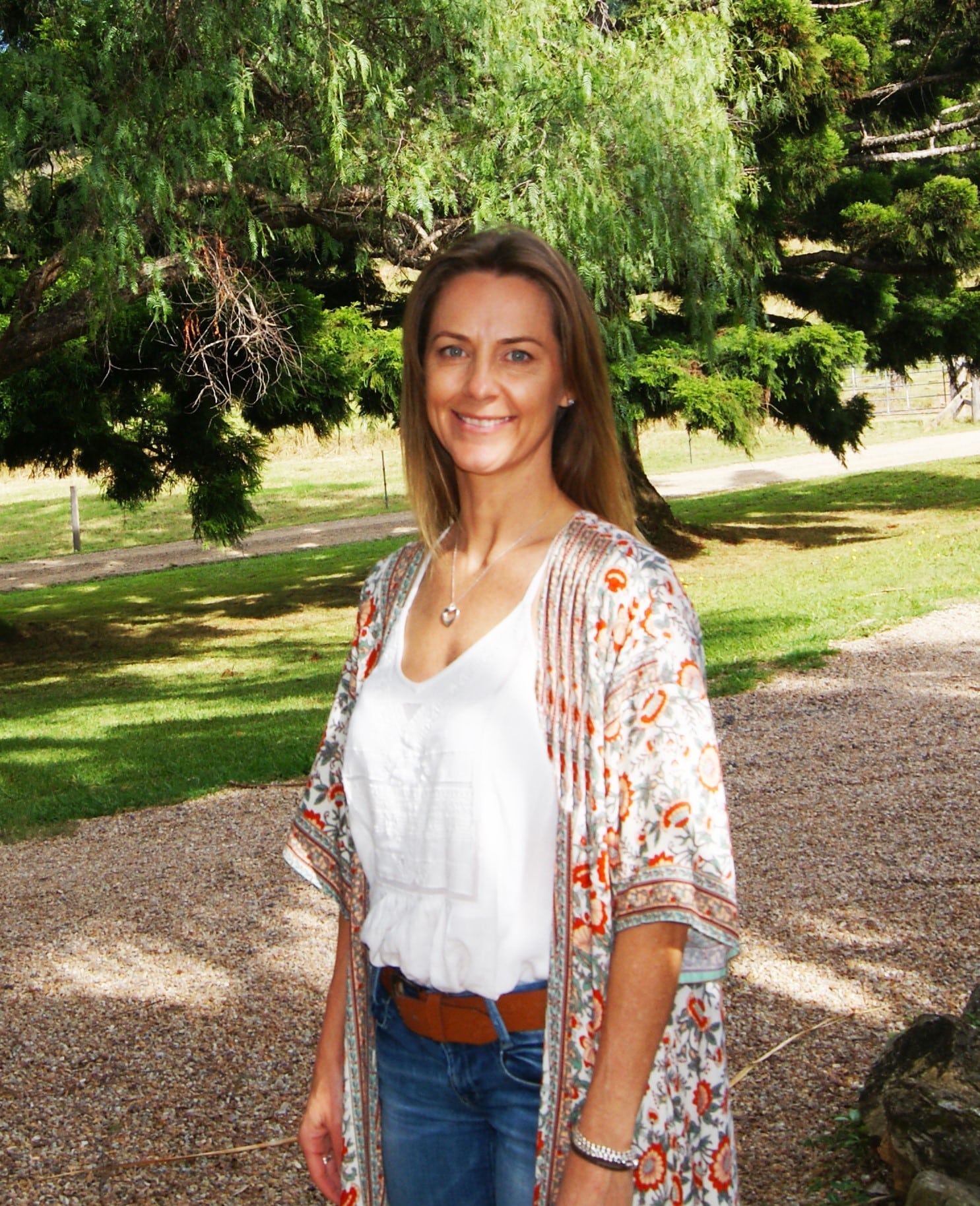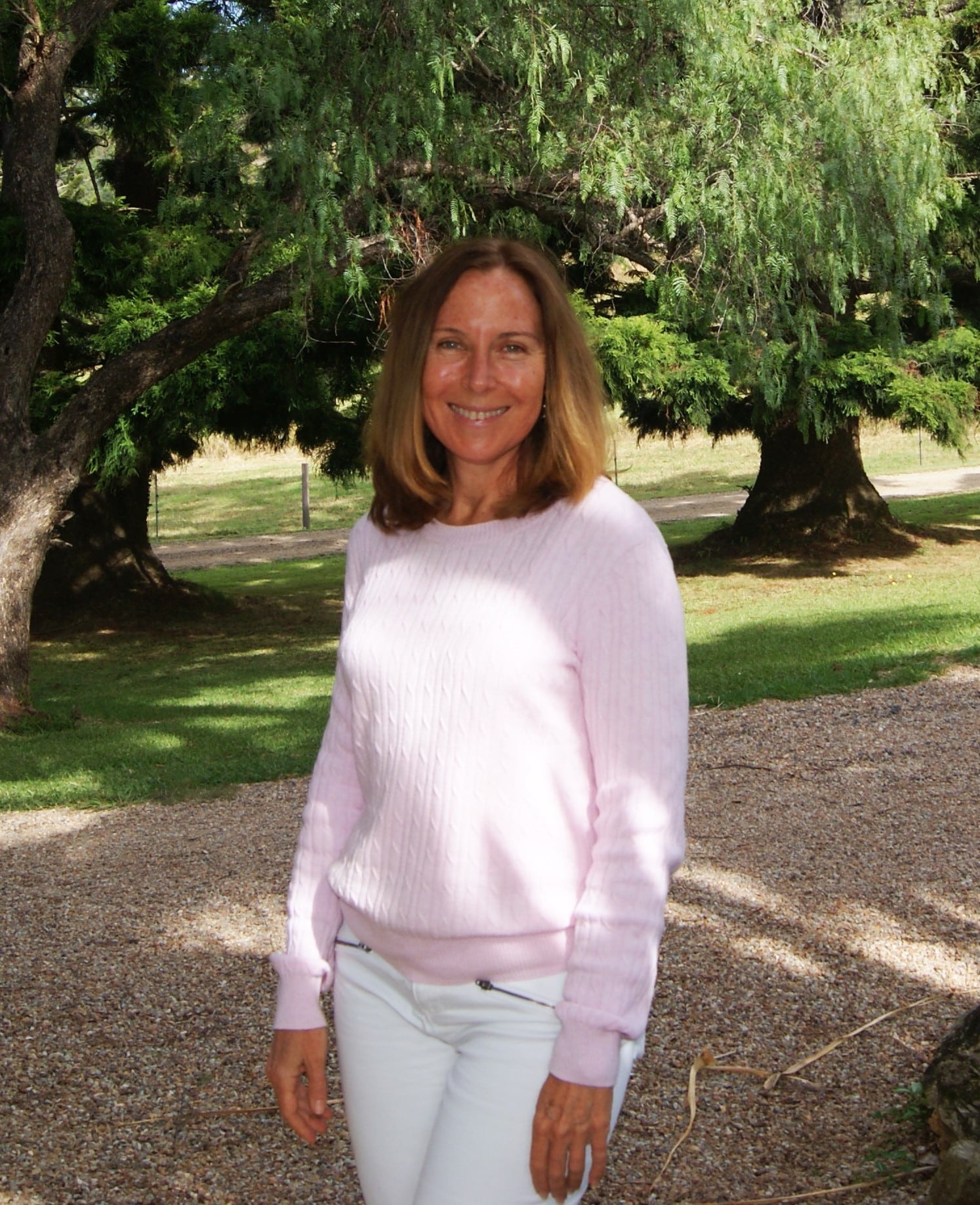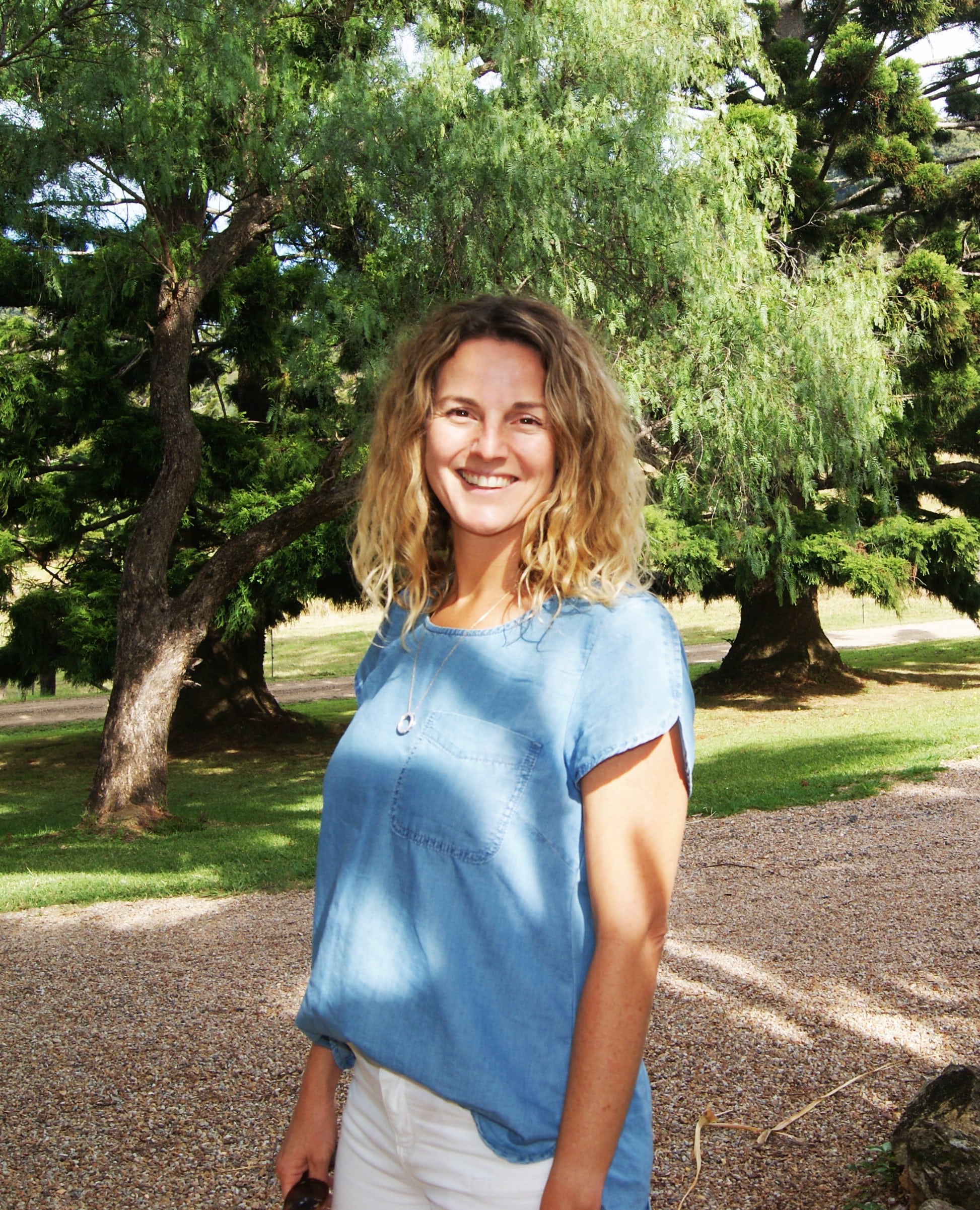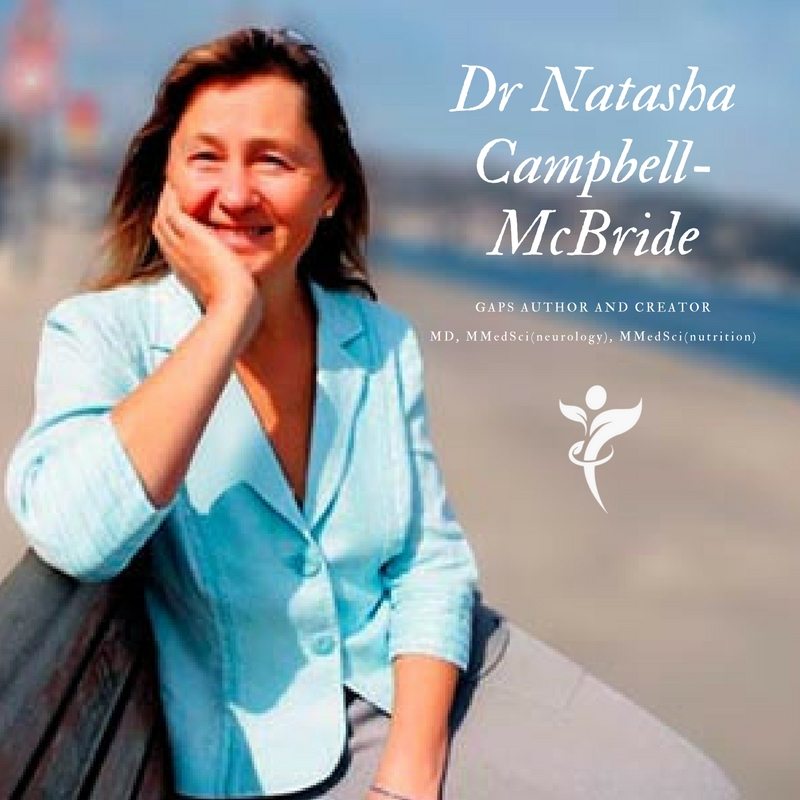My Son and his Autism GAPS journey
by Linda Paterson
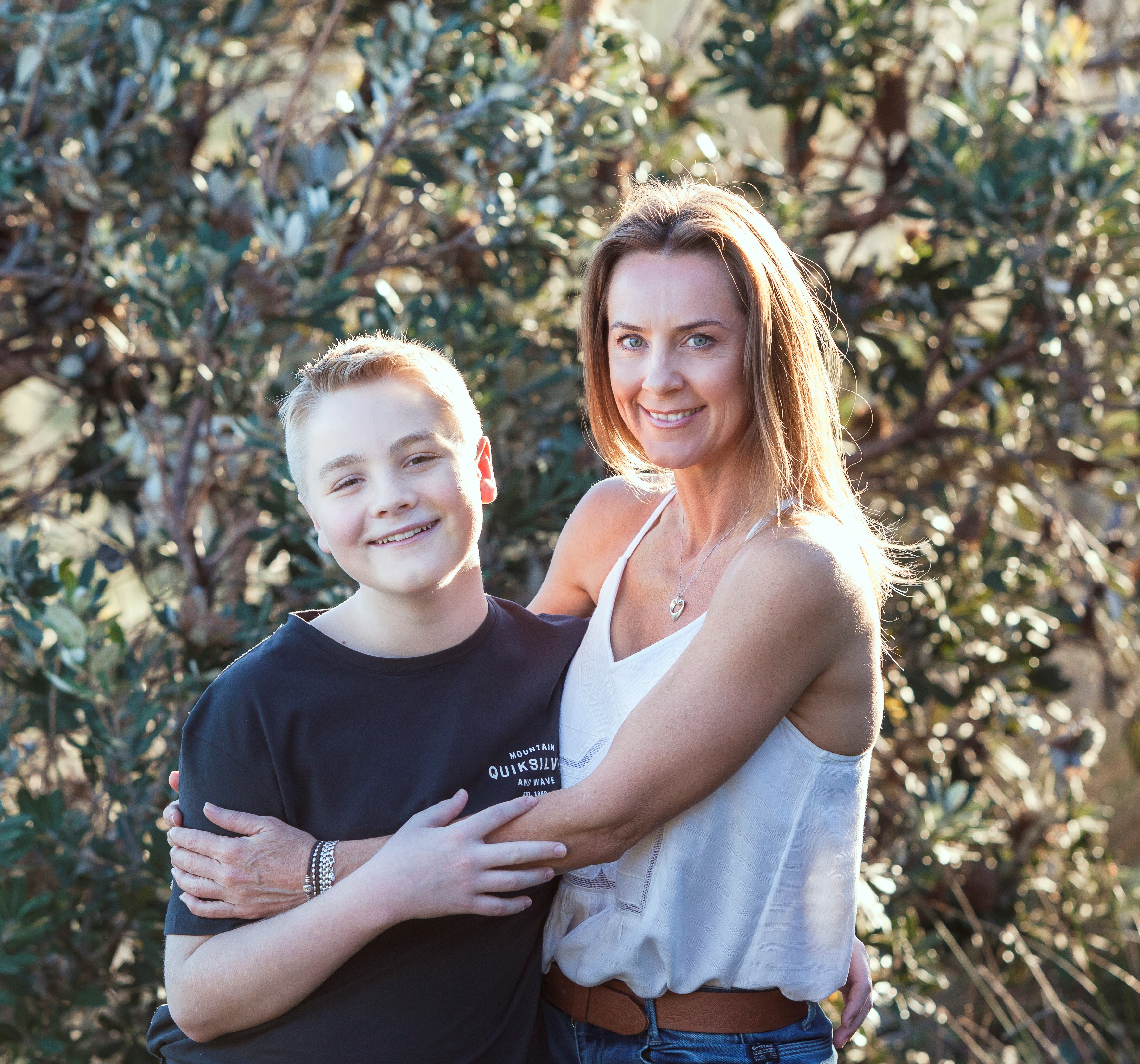
My son was diagnosed with autism when he was three. I first identified the potential for my son’s condition at age two where his language had regressed and he stopped eating all my home made meals, self limiting himself to only a few food items. Soon after this came self harming where he would scratch his face, bite his arms and bang his head on the floor causing scratch marks on his cheeks, bite marks on his arms and hands and bruises to his forehead.
Although the first major signs of autism emerged just after the age of two where they continually and progressively got worse, I did identify some earlier problems at around the age of three and five months where I exhausted my own instinctive efforts and resorted to professional support from a baby whisperer due to his severe sleep problems.
I cringe when I recall how I became so subservient to the pressure of my sons paediatrician who abruptly advised of the significance in immunising our son with an additional vaccine at 6 weeks followed by two boosters at 10 and 14 weeks for the Meningococcal C vaccine. This vaccine is not advised on the Australian Immunisation Program Schedule until the age of 12 months but our paediatrician created a fear in us with a statement directed to the life threatening risk of contracting meningococcal before the age of 12 months. This then meant that our son received 3 additional vaccinations in comparison to the majority of the remaining Australian Population at a very young age where his immune system could simply not cope with the toxic load.
What upsets me today is how I was unaware at the time that this vaccine only covered 3 out of 13 of the Meningococcal C disease and that it did not take into account the many other types of meningococcal diseases. According to the Australian Vaccination Network, the overall risk of death for Meningococcal disease was recorded at 1:1,000,000. Since then we also learnt that Doctors are paid by pharmaceutical companies for the percentage of children they vaccinate. The main concern for us though, was the additional exposure to the Aluminium adjuvant which is used as a preservative consuming just under 50% of the vaccine ingredients. When my son was tested for exposure to toxic chemicals, it was exposure to aluminium poisoning that revealed the most alarming concerns and this scored the highest above all other chemicals stored in his body.
At two months of age and onwards his sleep problems emerged and continued to worsen as time went on. He was awake every hour on the hour and there was nothing I could do to console him. All I could do is lain him on the bed next to me but if I were to touch him he would scream and start all over again. I had experienced this sort or avoidant touch behaviour in my work before and when I expressed the idea of autism to my husband, it was quickly dismissed and I also passed my own judgement off as an overreaction due to the lack of additional symptoms categorised with autism spectrum disorder.
Having worked with children with disabilities has prepared me well in applying my skills to helping my son; however there is nothing that can prepare a parent for a child who displays behaviours that appear to show you they do not want your love or affection. When your own child does not know your name or pushes your face away, won’t let you console them when they are upset or bangs their head on the floor, bites themselves and claws at their face, a mother feels helpless and depleted. This is the world we shared before we found what we needed to heal our son.
I have watched Reilly transform rapidly from a world of his own with no communication and self harming behaviours to an interactive five year old boy gaining quickly on his peers in the areas of social and developmental progress. Apart from early home intervention programs run by myself coupled with speech therapy and support from his fully certified assistance dog, the only changes I have made is the implementation of GAPS supplementation protocol, avoidance of chemicals in its many forms and a strict adherence to the GAPS nutrition protocol inclusive of the introduction Detox diet.
We later worked on preparation for school to assist him in catching up with his peers by enrolling him in an early intervention unit 2 short days a week followed by three days at AEIOU (an early intervention program for children with autism supported by some Applied Behavioural Analysis programs). Arriving at this wonderful stage in Reilly’s life is overwhelming and very rewarding however it was not achieved without its challenges.
It initially took great leaps and bounds to achieve a diagnosis for Reilly and this was coupled with the search for appropriate treatment options. These options often take parents on a journey that requires a detailed map in order to find the right treatment. Numerous conflicting options are time consuming for parents to navigate. The list of treatment options is endless and I am thankful that we never considered the option to explore drugs like Ritalin for our son or he would not be the same little boy of health today. The choices are exhaustive and making the right decision is paramount. I took my son to several dieticians, health professionals and Doctors to seek the best advice on diet and treatment for ASD however no direction or guidance was presented on the GAPS Protocol and collective advice often conflicted with another.
Searching for the right treatment took a great deal of time, effort and money with an ever increasing accumulation of new books. My academic research abilities and knowledge gained through my Health Science degree coupled with my work in the disability and mental health field with the Department of Justice was a valuable resource to me during this time. It was through my own extensive research involving travel to several destinations including flights out of state to attend Autism expositions and a variety of conferences, seminars, workshops and presentations that led me to the discovery of a little yellow book tucked in the corner at a Sydney Autism expo. This yellow book became my bible – The Gut and Psychology Syndrome by Dr Natasha Campbell-McBride.
Prior to GAPS my son was an extremely fussy eater, self limiting his food range to an extreme minimum, resulting in a variety of deficiencies and nutrition problems. I sought guidance in every corner to establish ways to get him to eat the food he needed to improve his nutrition; however nothing I found was of use until I followed the Detox with applied behaviour analysis strategies. After only two weeks on the introduction diet, he was eating everything we gave him and even asked for seconds and thirds. He requested food that we had tried to feed him in the past as if he had eaten them several times before. We would never have believed this possible if we had not seen it with our own eyes.
The circles around his eyes have gone, he has gained weight, but more importantly, he is participating in lengthy conversations, socialising in ways never seen before and showing lots of affection and sharing his emotions. The list of improvements goes on but the rest of this story is yet to be revealed as I believe my son will continue to heal and gain developmental ground with his peers as he continues to progress with the GAPS diet.
Not only did I take the long way around to get to GAPS by sifting through competing diets and therapies, but I also spent a great deal of time in working out which supplements to use and this took quite a bit of effort in learning all about the right ratios of omega fish oils, essential fatty acids, enzymes and the search for an appropriate Probiotic containing the right broad spectrum strains as outlined in the GAPS book. I was also very grateful to our Doctor and president of the Australasian College of Nutritional and Environmental Medicine who supported our journey through the GAPS protocol.
The GAPS supplementation protocol in the book did not advise on brands such as Bio-Kult etc or a website where I could access it so I had to make do with what I had at my disposal until I had finally identified which supplements to purchase and where I could purchase them. These included 3 supplements, Bio-Kult the Probiotic made by a team of medical professions including Dr Campbell-Mc Bride at the Cambridge University, Cod Liver Oil and Fish Oil. Some people need a digestive enzyme Betaine with added pepsin, however this can be replaced by homemade sauerkraut which is a lactic acid fermentation containing very significant beneficial bacteria whilst stimulating the much needed stomach acid. The new supplements, accompanied by the introduction diet proved to be invaluable. If only I had someone to assist me with all my questions about GAPS from the beginning and show me where to access the supplements in the first place.
Learning about the diet involved the reconstruction of how we live as it was a new way of life. Preparation of meals involved organic produce and homemade traditional cooking remedies that eliminate the use of preservatives etc. I needed to learn new cooking skills which took a great deal of trial and error before mastering. It would have been invaluable to have someone to show me how to make sauerkraut, homemade yoghurt, meat bone and vegetable stocks and broth and how to make the right decision in selecting the right cookware and storage containers. I won’t lie, there was a time where I felt I lived in the kitchen and cried to the Gods in Heaven to help me with my struggles but as I began to become more confident in the kitchen I soon found my passion. This does not mean that I am a great cook because I can still cook a hungry mans dinner but now I know what to cook and how to prepare for it and more importantly why I am cooking it. My kitchen became the hub of my home.
My most concerning need for support and guidance was when my son had experienced sever die off reactions during the Detox stages. It could have been very easy to stop and give up with the Detox stage because my son had reacted severely to the release of toxins in his body. This is where my idea emerged to become a Nutrition Consultant for GAPS as I knew there had to be parents out their like me who needed this level of support and required some guidance to do it right. I have worked in both the disability and mental health field for over 20 years and have completed a Bachelor degree in Health Science, Leisure and Health, with core subjects derived from developmental disabilities and studies in Nutrition. GAPS is so powerful and I am constantly seeking ways to create community awareness. There is no such service available in Australia and there is very little awareness of the book and diet within the autism and associated health specific community. I have worked with many parents concerned with not only Autism, but with other disorders like immune disorders, OCD, oppositional defiant disorder, schizophrenia, ADD, ADHD and dyslexia, IBS and other digestive problems, depression and women with sever yeast overgrowth who are trying to fall pregnant.
Since starting my business my son has started Prep in a mainstream school where he has transitioned nicely and plays in a soccer team on weekends. His hobbies and interests are computers, chess and other outdoor recreational activities and watersports. He is reading books two to three years ahead of his pears. His more recent interest has been inspired by playing piano and I will be looking into this one next. There are absolutely no self harming behaviours or screaming tantrums on the floor. He is a very affectionate and passive little boy loved by all and loves to interact with his peers. Although his speech development was slightly behind his peers initially, we watched in anticipation as he caught up with his peers. To this day he continues to consume GAPS meals – why change something that works?
The success with my own son has motivated me to increase community awareness of the GAPS Protocol and how individuals can identify how they believe GAPS may help their condition. Whilst I understand that GAPS is not something everyone is confident in implementing, we need to at least create the awareness to all so that individuals can make the choice for themselves and seek the support and guidance necessary to implement the protocol as early as possible. GAPS Diet Australia and my GAPS Clinic has provided the means to achieve this and also acts as a support platform and resource facility for all who seek it. Supportive families make for an easier transition in implementing the GAPS Protocol but I have found that this is not always the case in some situations.
There is a high divorce rate in families who have children with Autism. Don’t be discouraged if you fall into this category because we have many single family parents who have been able to achieve this even when one parent is doing most of the work. Becoming more organised in the kitchen and setting new routines will assist single parents to adjust to the program more readily. I have been delighted to hear how grandparents and aunties and uncles get involved in playing a small part to support children on the GAPS program. I encourage families to work as a team if possible, one person can do the juicing each morning whilst the other prepares lunches and cooks up some breakfast. In no time at all, your new routine will become a natural part of your life. It is also very important to include your children in the education process of good nutrition and cooking in the kitchen. My son used to drag a chair to the kitchen every time he heard the kitchen utensils clanging together, he gets his tasting and mixing spoon ready and loves to juice and crack a perfect egg every morning.
My daughter submitted a video to A Current Affair for the Top Mini Chef Competition with her brother as an assistant in cooking GAPS recipes. Their application of cooking skills were aired every night on A Current Affair for a week until my daughter was awarded as a finalist and was flown to Sydney to compete with the final 8 contestants. She did very well in winning many kitchen appliances and cookware of which I assisted in finding a nice home for in our kitchen.
I know I speak for many others when I say that I am grateful to Dr Natasha Campbell-McBride for not only pioneering the way but for teaching us how to do it for ourselves and show us all that with the right level of support and commitment, it is possible! I am delighted to be working with Dr Natasha Campbell-McBride who advised that the best education one can ever have with the GAPS Nutrition Protocol is one who has experienced it firsthand. Dr Natasha Campbell-McBride’s own son was diagnosed with severe autism and also attends a mainstream school. As a young adult he shows no signs of autism and is studying at college. You can access her story at the GAPS Australia Website under the Clinic page. Thank you for reading my son’s journey and the emergence of GAPS Diet Australia, I hope it brings you closer to starting your own healing journey.
